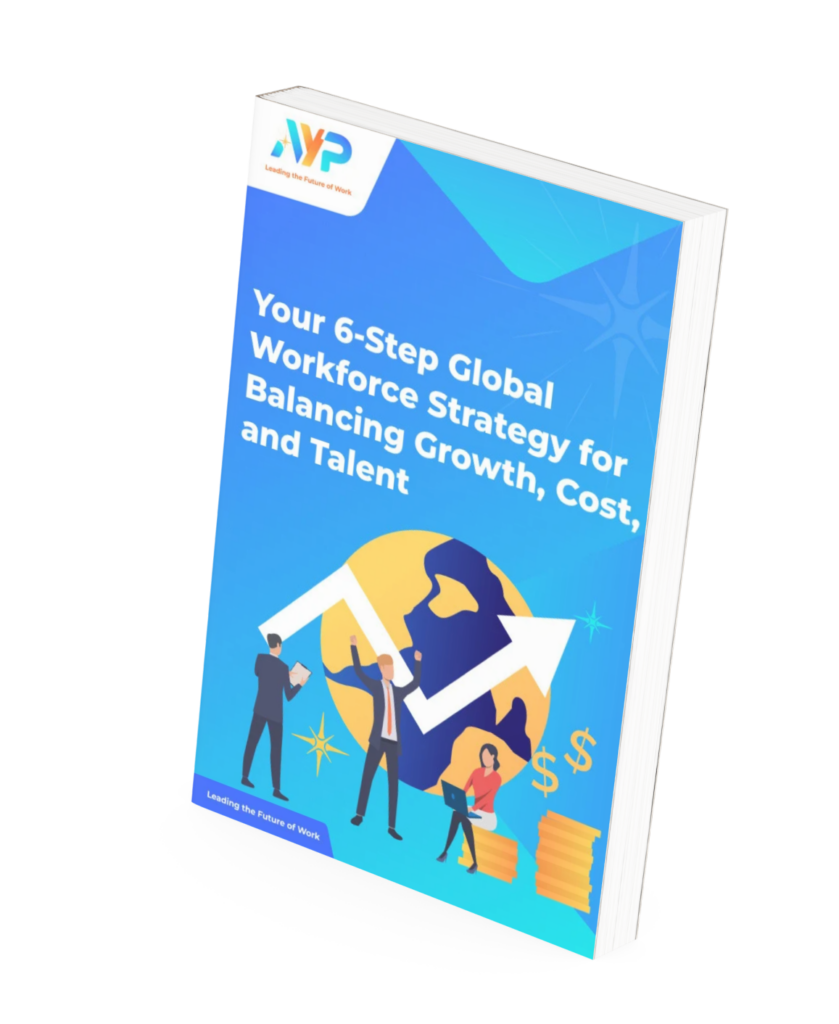HR Evolution in Asia: Yesterday, Today, and Tomorrow
The scope of human resources has changed tremendously, over the years. We observe the latest trends in HR evolution and offer advice on how to be in line with HR practices of the future.
What’s in a name? As worker’s rights grow in importance globally, the terms used for the human resources department have evolved to follow suit.
Employee experience, human capital management, people operations, talent management—these are just some of the more modern terms that have garnered popularity 1.
1. Today, HR Evolution involves Unlocking Human Potential
In the past, HR departments used to only be in charge of onboarding and offboarding employees. However, today, HR has evolved to involve greater responsibilities such as the responsibility of empowering and engaging an employee 2.
HR professionals today are coaches and mentors, looking out for the well-being of all employees. Unlike the days of old of just enforcing rules, HR departments of today help the shaping of employee careers and abilities.
With this larger scope comes greater challenges and HR has to explore new ways of simplifying existing tasks. Remote onboarding and online training are examples of developments to these administrative processes.
2. People-Centric Values Don’t Negate Process
Today, modern HR platforms place a high value on employee autonomy, giving staff the ability to manage their own company data and employee engagement. Switching to digital HR management methods has saved both time and money for many businesses while improving information security.
It’s no wonder then, that the tech HR market boomed in 2021, and continues to grow today 3.
While the pandemic accelerated the remote work revolution, forward-looking companies have been hiring overseas for years now. As the cost of hiring a full-time workforce has risen, companies would often outsource seasonal and ad-hoc duties to freelancers.
While platforms such as Fiverr and Upwork make finding freelancers a cinch, the manual processes around freelancer invoicing continue to be tedious and time-consuming.
3. The Costs of Looking Forward
This is magnified in the case of expansion to other countries, where regulations differ around part-time and freelance workers. Creating a business entity may seem the most logical solution for business owners who want to hire full-time workers, until one factors in the heavy costs involved in setting it up.
Enter PEOs and EORs: extensions of HR which provide convenient HR outsourcing, handling everything from remote onboarding to workforce planning and freelancer invoicing.
A Truly Global Workforce
The outsourced, overseas HR team has been a game-changer for cross-country workforces. Small and medium-sized business owners can now access all the perks of a dedicated HR team on foreign shores, minus the capital investment.
As the majority of companies adopt a hybrid model for the future, 4, we expect cross-country remote work to become the norm, rather than the exception.
Here at AYP, we embrace the challenges of a truly global workforce, and the opportunity to learn and grow in the business of people.
Contact us for a consultation with our Global HR experts, and join us in leading the future of work.
Featured Content
1.Leadership and Teamwork - What Can We Learn From the Wolves
2. What Employee Benefits Do Asia Employees Need
3. The Next Big Trends in Payroll Management
References
- The Best and Worst HR Names. HRM Online. February 2017.
- Don’t Act Like the Old: The Evolution of Human Resource Department. HR in Asia. October 2018.
- The HR tech start-up market is booming. What that means for HR. Human Resource Executive. September 2021
- Top hybrid work trend stats from global companies for 2022. TravelPerk. December 2021



